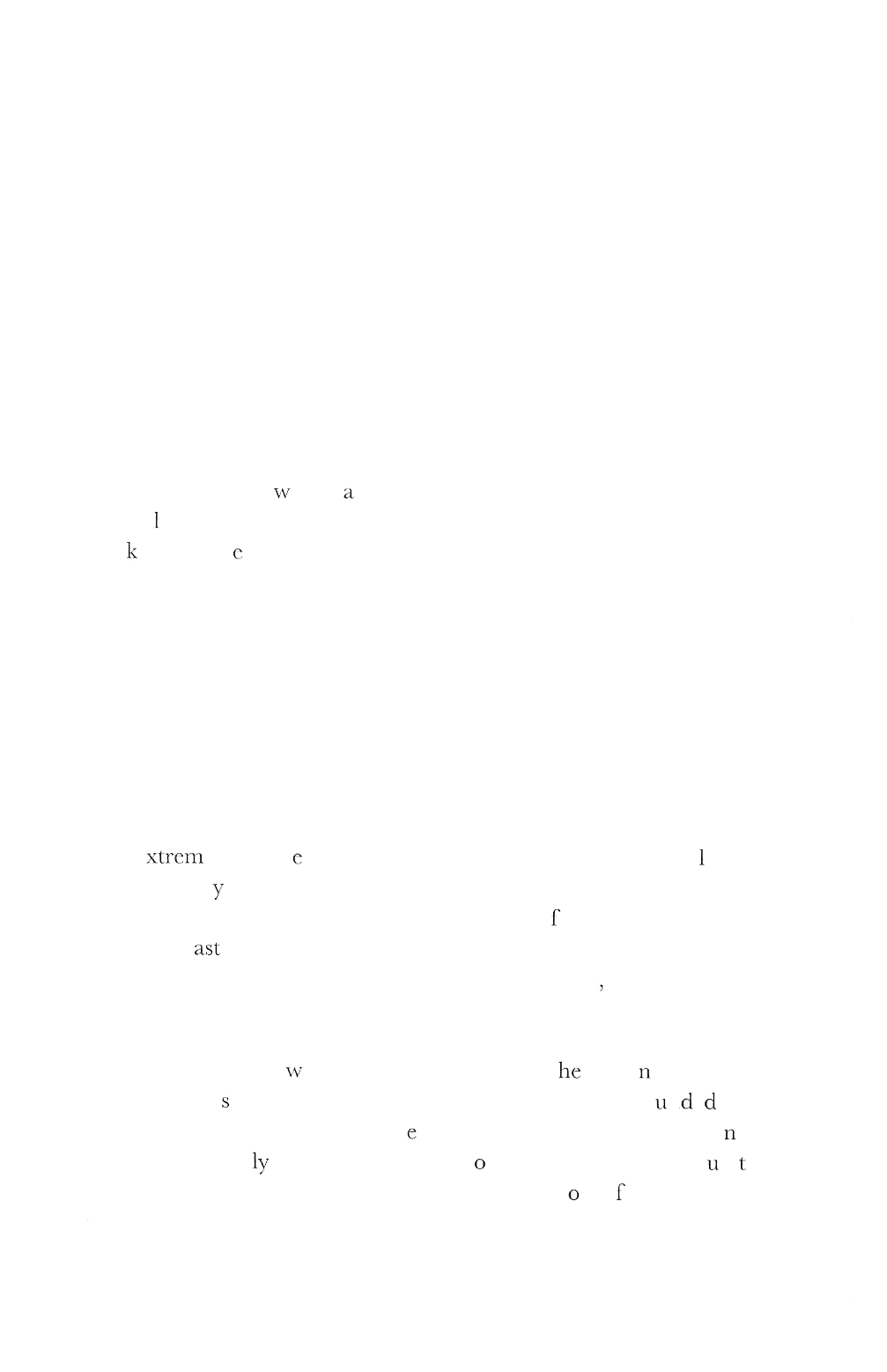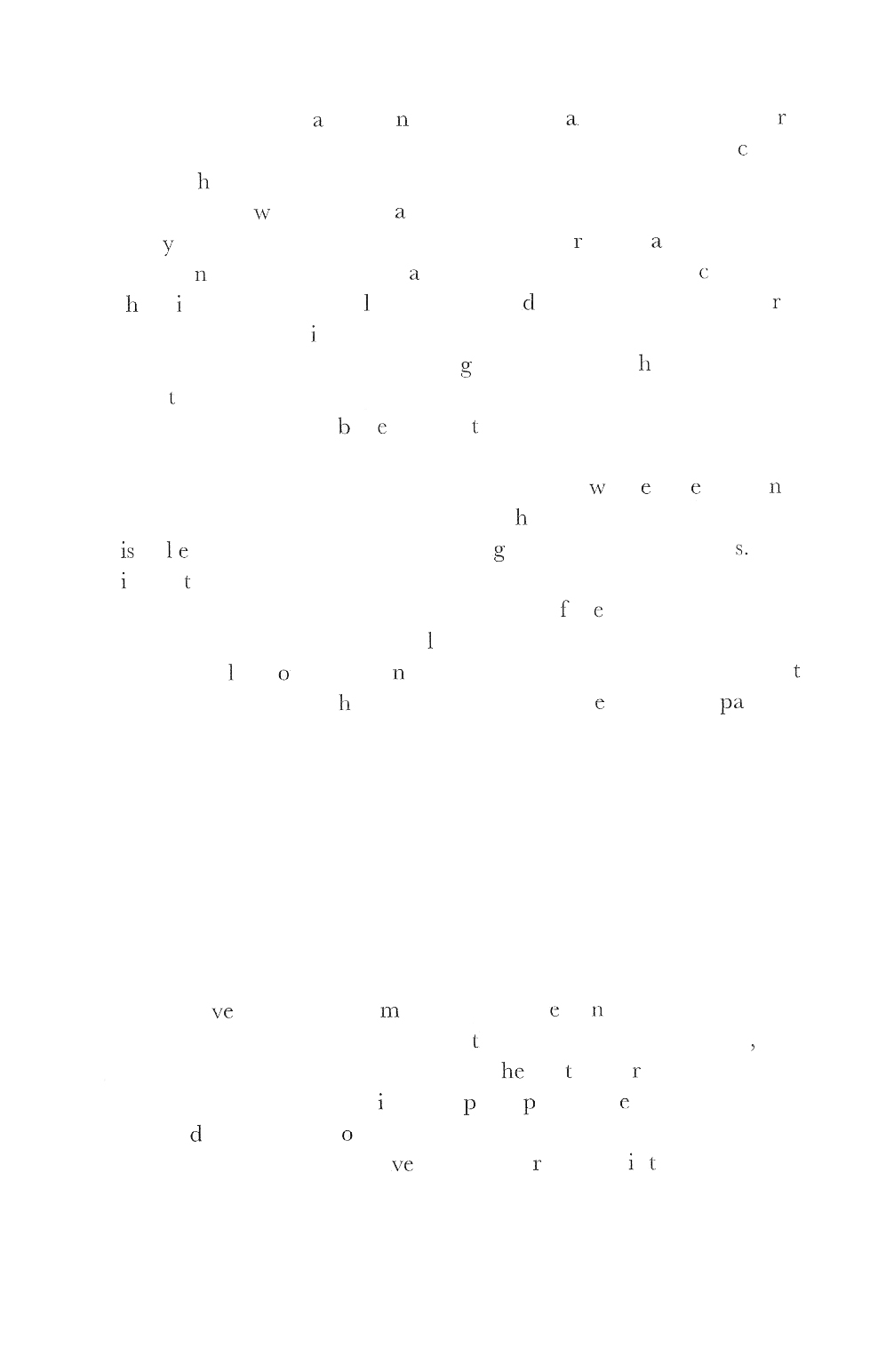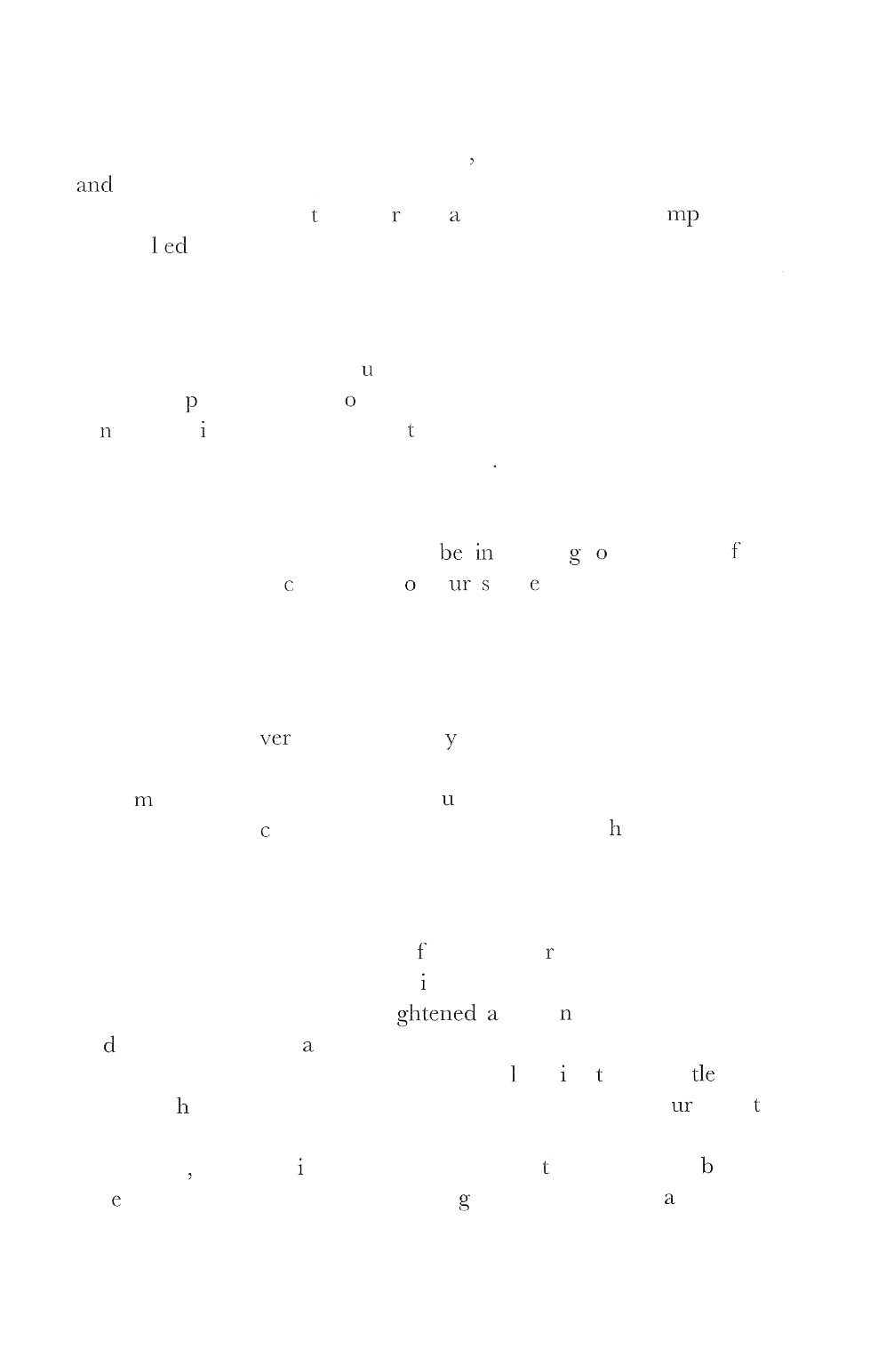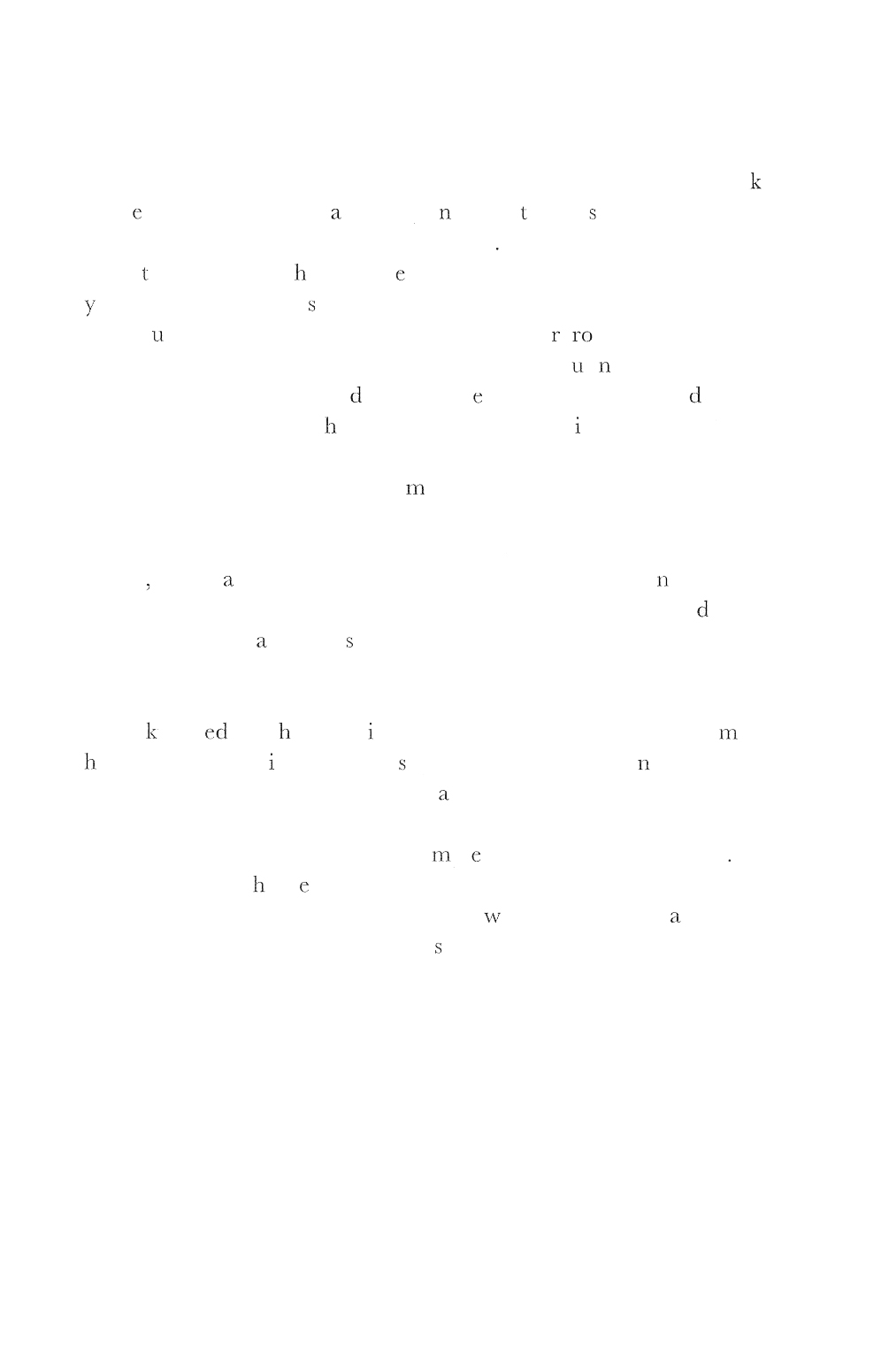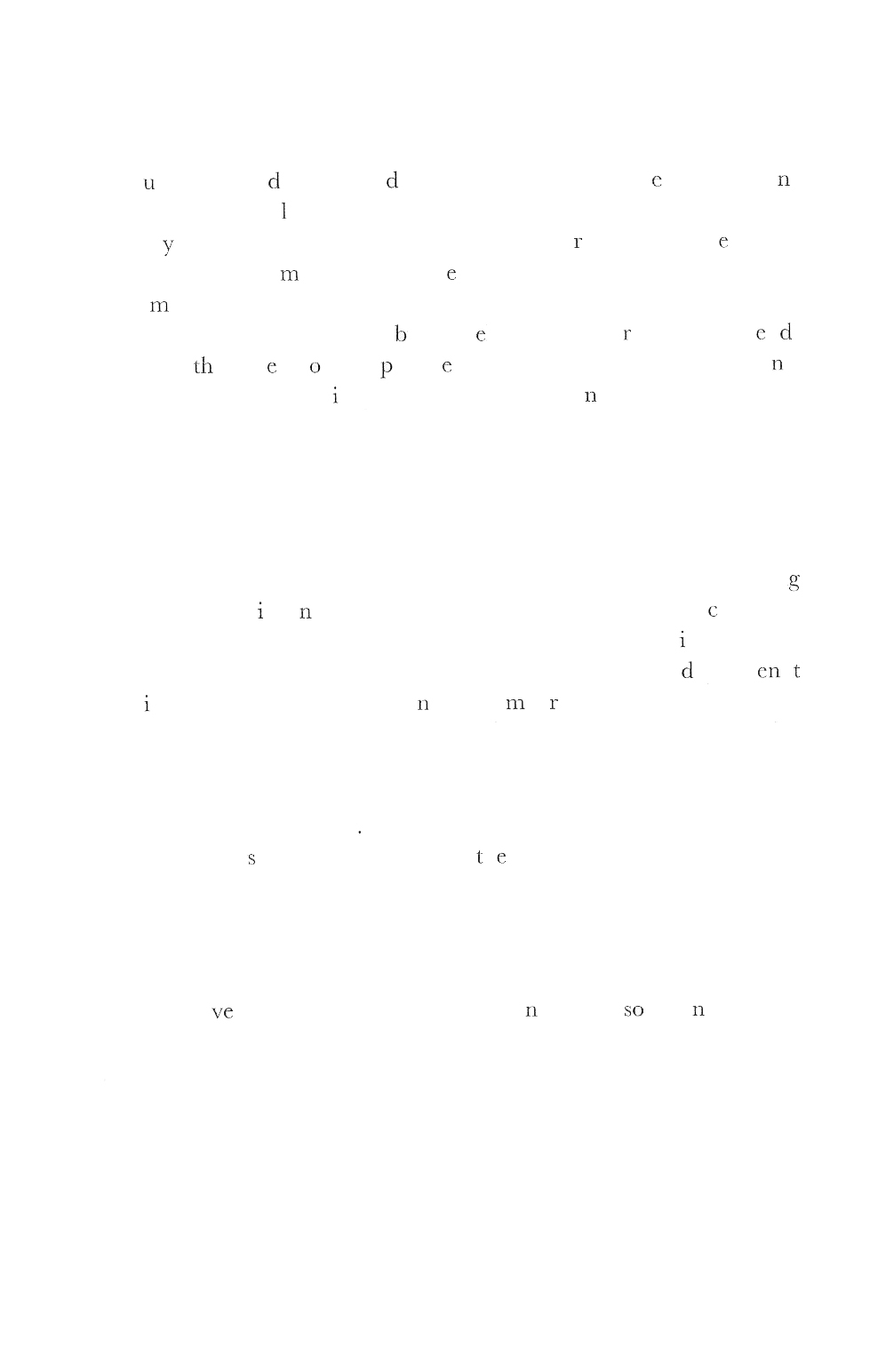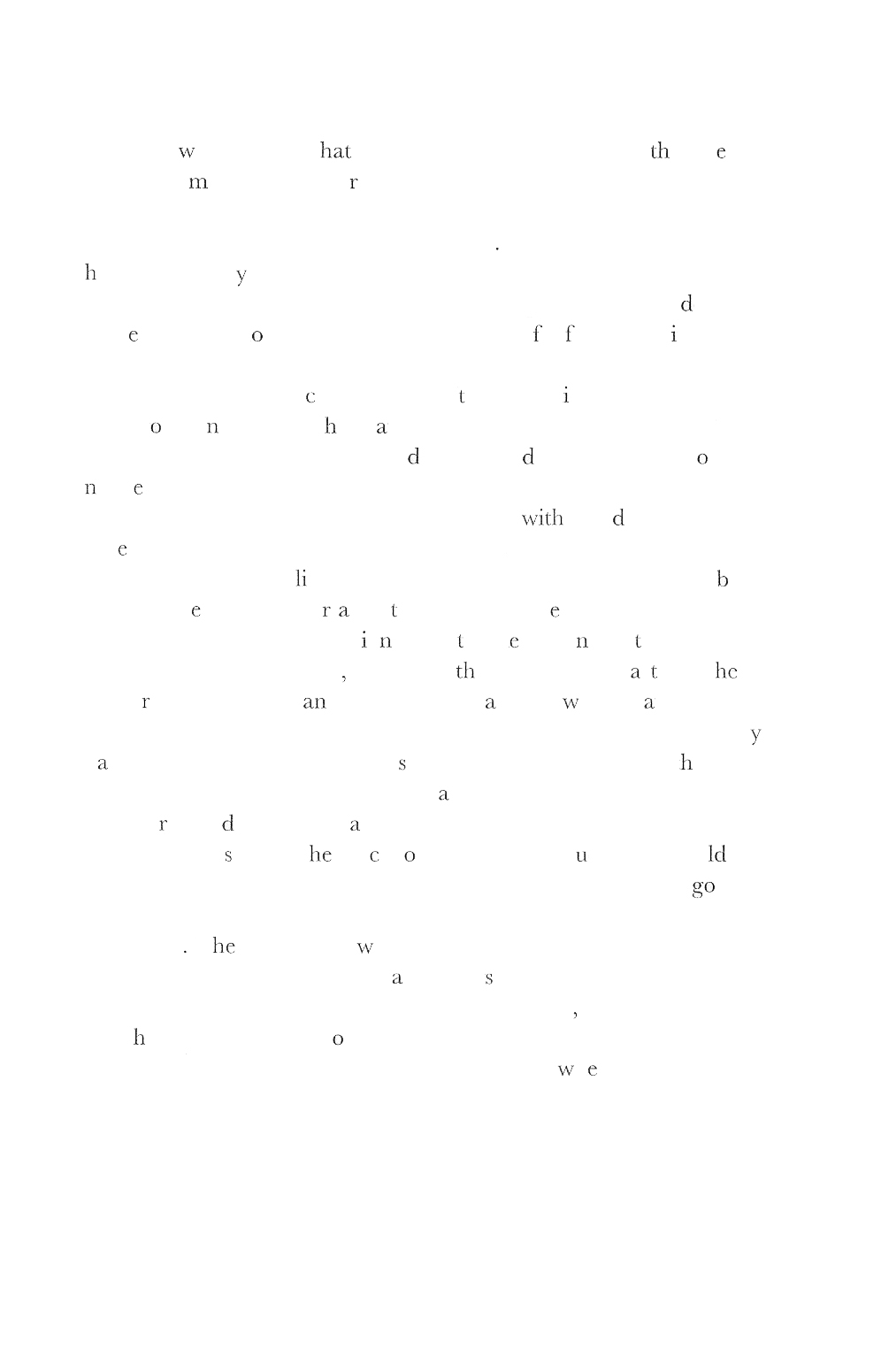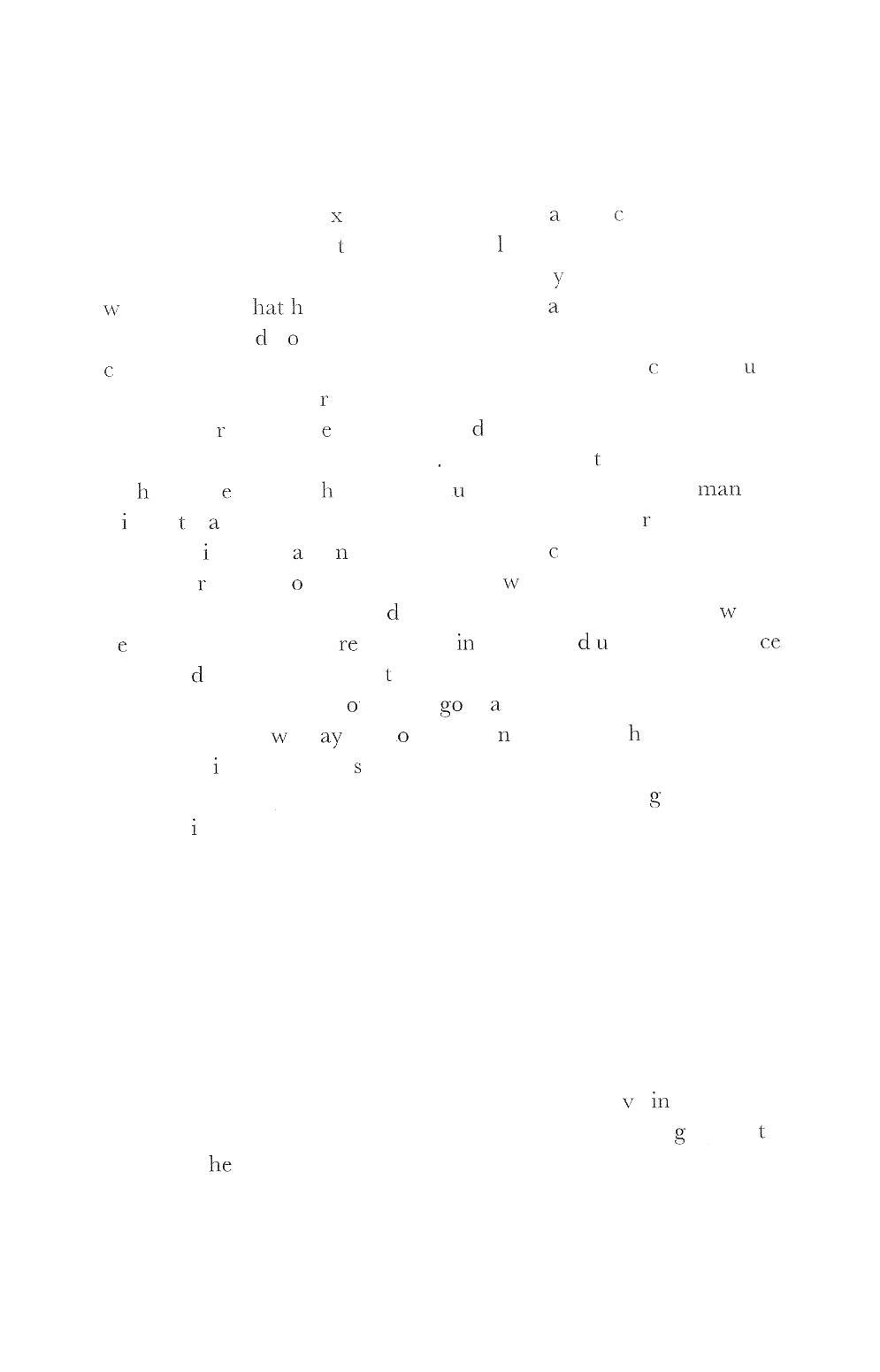Poetry / derek beaulieu
:: Story of the Door ::
From the writer
:: Account ::
Oscar Wilde argues, “lying, the telling of beautiful untrue things, is the proper aim of Art.” In his 1891 essay “The Decay of Lying: An Observation,” he embeds within his Socratic argument a tale of a fictional character who is the victim of an uncanny accident, which conflates Stevenson’s 1886 novella The Strange Case of Dr. Jekyll and Mr. Hyde:
Shortly after Mr. Stevenson published his curious psychological story of transformation, a friend of mine, called Mr. Hyde, was in the north of London, and being anxious to get to a railway station, took what he thought would be a short cut, lost his way, and found himself in a network of mean, evil-looking streets. Feeling rather nervous he began to walk extremely fast, when suddenly out of an archway ran a child right between his legs. It fell on the pavement, he tripped over it, and trampled upon it. Being of course very much frightened and a little hurt, it began to scream, and in a few seconds the whole street was full of rough people who came pouring out of the houses like ants. They surrounded him, and asked him his name. He was just about to give it when he suddenly remembered the opening incident in Mr. Stevenson’s story. He was so filled with horror at having realised in his own person that terrible and well-written scene, and at having done accidentally, though in fact, what the Mr. Hyde of fiction had done with deliberate intent, that he ran away as hard as he could go. He was, however, very closely followed, and finally he took refuge in a surgery, the door of which happened to be open, where he explained to a young assistant, who happened to be there, exactly what had occurred. The humanitarian crowd were induced to go away on his giving them a small sum of money, and as soon as the coast was clear he left. As he passed out, the name on the brass door-plate of the surgery caught his eye. It was ‘Jekyll.’ At least it should have been.
Compounding the uncanniness of Wilde’s fictional retelling is the fact that his paragraph-long summarization of one of the most shocking incidents in the novella can be found embedded within the very letters of Stevenson’s original. As I have exhibited, Wilde’s text can be found, in order, within Stevenson’s. Much as the text of Hyde is found encoded inside the larger narrative of Jekyll’s life, these two texts nest within each other, ready to be unleashed. “The Decay of Lying: An Observation” predates Wilde’s 1895 conviction for gross indecency and sodomy—pataphysically we can connect the encoded lifestyles of the “Black Mail House” on “Queer Street” (despite the contemporary use of the word “queer” not entering the lexicon until 1900) in The Strange Case of Dr. Jekyll and Mr. Hyde with the coding of one text within another. Alan Turing’s infamous code-breaking efforts at Bletchley Park coincided with his revealing of his sexual orientation to his fiancé and the subsequent cancellation of their pending nuptials. Turing’s encoded, closeted sexuality would eventually lead to his own 1952 arrest and conviction for gross indecency and court-ordered hormonal therapy including injections of stilboestrol (a synthetic oestrogen), which bodily changed Turing’s appearance. Shortly before his death, Turing wrote, in an uncanny echoing of Jekyll: “no doubt I shall emerge from it all a different man, but quite who I’ve not found out.” Wilde’s own Stevenson reference can be found within Stevenson himself by procedurally erasing irrelevant letters from the initial chapter of The Strange Case of Dr. Jekyll and Mr. Hyde; with each unveiling we get closer to the enigma.
Dr. derek beaulieu is the author or editor of sixteen books, the most recent of which are Please, No More Poetry: The Poetry of derek beaulieu (Wilfrid Laurier University Press, 2013) and Kern (Les Figues Press, 2014). He is the publisher of the acclaimed No Press and is the visual poetry editor at UBUWeb. Beaulieu has exhibited his work across Canada, the United States, and Europe and is an award-winning instructor at the Alberta College of Art + Design. He is the 2014 – 2016 Poet Laureate of Calgary, Canada.






